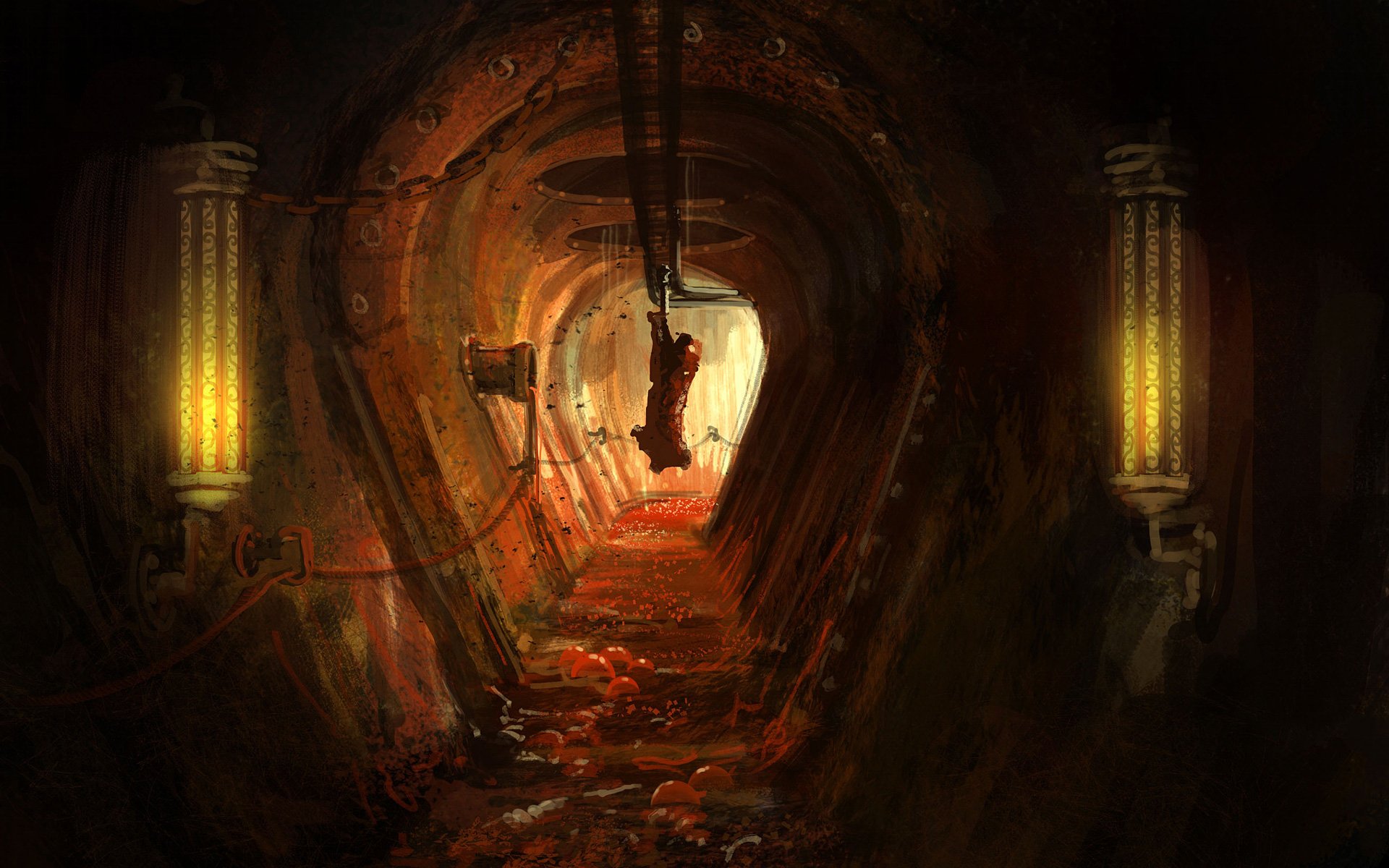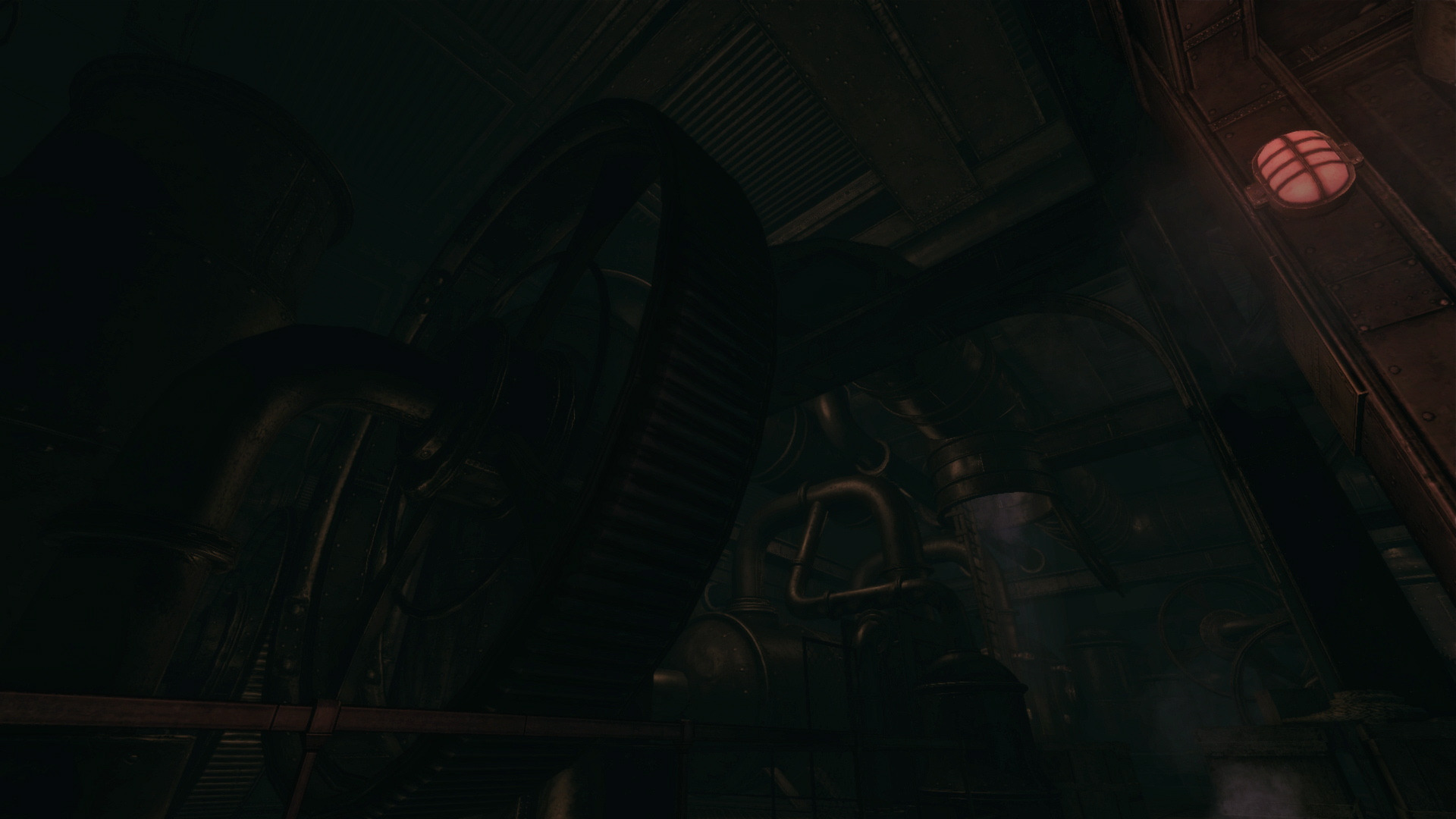
“We checked builds now and then and gave our input on it,” he explained.


Nilsson said that having The Chinese Room handle the follow-up was a “dream scenario” and when it accepted, a back-and-forth development process began. Uncomfortable with the idea of doing it themselves, the team decided to ask someone else to take a crack at it. “We had a quite certain feeling it would fail miserably.” “We felt that there was a huge interest in the game, but also knew we did not have an interest ourselves to sit down and try to figure out what a good next Amnesia would be,” Jens Nilsson of Frictional told Gamasutra. So why, you might wonder, would the studio hand development of the hotly-anticipated sequel to a completely separate outfit – Dear Esther developer The Chinese Room? It’s also the game, as detailed in Thomas Grip’s fantastic 2011 feature story about its development, that saved Frictional Games from oblivion. Amnesia: A Machine For Pigs was offered to The Chinese Room because original developer Frictional Games felt it wouldn’t be able to come up with a successful sequel on its own.Īmnesia: The Dark Descent was a big hit as indie games go and is seen by many as the standard to which other horror games aspire.


 0 kommentar(er)
0 kommentar(er)
